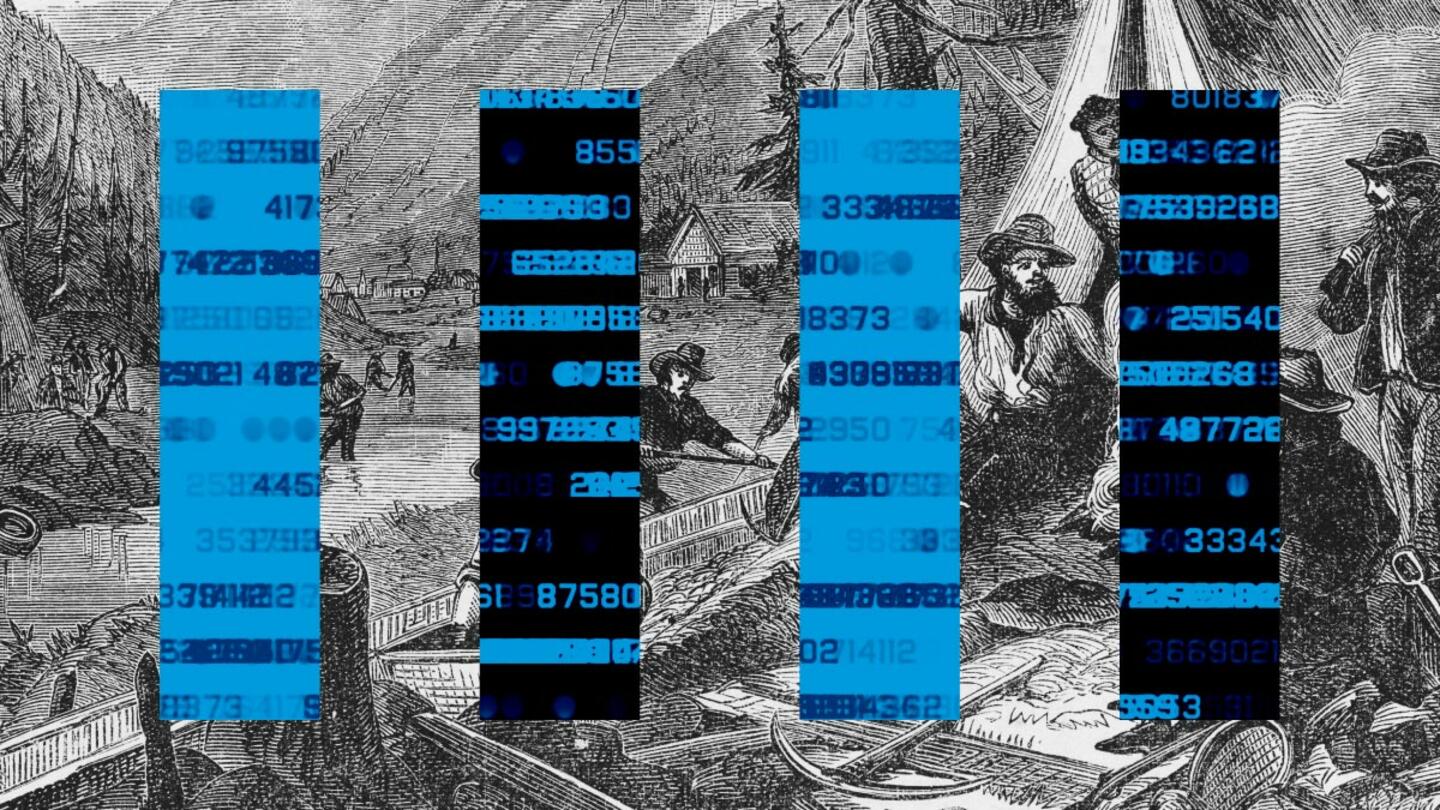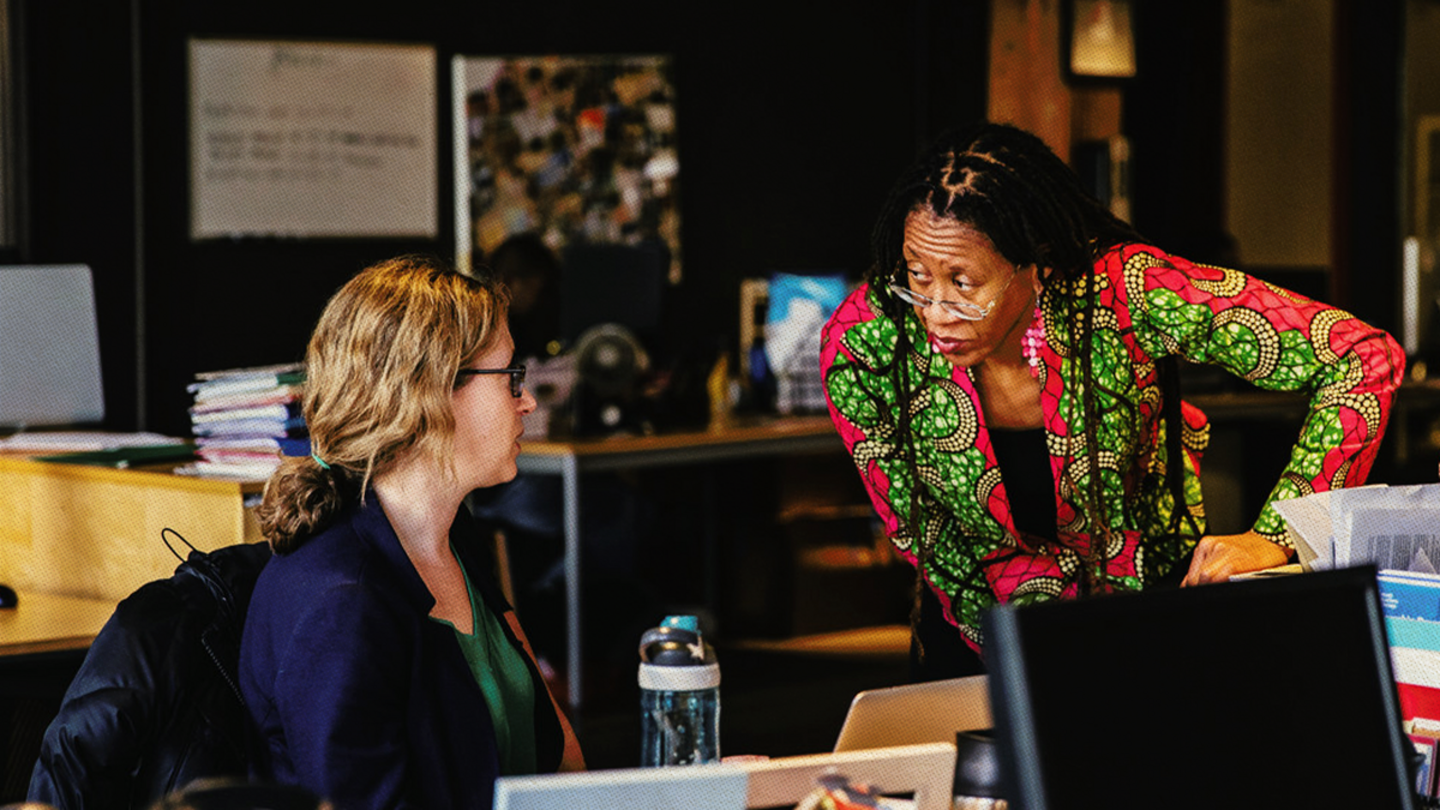By Daniel Chang Contreras
Gen Zers are entering the workforce in droves. In 2023, 17.1 million entered the labor market, and by the end of 2024, it is expected there will be more members of this generation in the workforce than baby boomers.
This influx already is creating some headaches for hiring professionals who hail from previous generations. Polls show managers are having a tough time working with younger colleagues, for example, while many employers are finding it hard to hire and retain Gen Z workers.
These generational conflicts are not new. Remember the “slacker” vibe Gen Xers gave off in their 20s, and how millennials were labeled the “me” generation?
This friction is typical, but managers do need to understand this new talent pool. Indeed, their success depends on it.

So, as a member of Gen Z, here is a truth I hope employers will remember about my generation: like every generation before, we do have some new ideas about how to work, but we also are not that different from those who came before us in our beliefs about work.
Workers of all ages are looking for purpose at work
Vincent van Gogh wrote, “Your profession is not what brings home your weekly paycheck, your profession is what you’re put here on earth to do, with such passion and such intensity that it becomes spiritual in calling.”
Van Gogh said this in a time when there were no radios and cars were a rarity, but his words remain as true today as they were then.
Work is not only about clocking in, clocking out, and cashing a check. It is about connecting what we do to who we are — our value and our dignity. It is about working with people who trust us to use our strengths to excel and contribute, whether it is to the bottom line or to our communities.
The data clearly shows most workers believe this.
According to McKinsey, 82% of workers believe having a purpose at work is important. The same poll shows that 70% of workers say their work has a vital role in defining their calling, and yet another study shows 90% of workers would trade a percentage of their lifetime earnings for more meaning at work.
These findings are not surprising. After all, we spend a considerable chunk of our lives at our jobs —81,396 hours, to be precise. It just makes sense that we want to spend this time doing something that is meaningful, and aligned with our values, passions, and aptitudes.
Sign up for Stand Together's Rethinking Work & Learning newsletter to get the latest stories, ideas, and trends on the future of employment.
Connecting workers to purpose improves the bottom line
Purposeful work is not just good for workers; it is good for business.
It might sound obvious, but sometimes it is good to say it out loud: people create more value for their organizations — by being more productive or engaged — if they believe what they are doing matters to the organization’s overall mission and if their work connects to their own strengths, vision, and interests.
The data backs this up. According to McKinsey, workers who find their work to be meaningful have a 33% increase in performance.
Not only do they work better, but they also remain with the company longer. The same McKinsey report found employees with meaningful work are 75% more committed to their organization and are 49% less likely to leave the company.
It is no secret that workforce retention is getting harder for companies across industries. The average time at a job has been declining for generations, yet connecting workers to purpose can help employers buck this trend.
Higher retention rates can save companies a lot of cash. According to the American Opportunity Index, turnover costs can range between 33% and 67% of an employee's annual salary. It is no surprise that businesses where most workers feel a sense of purpose in work outperform the stock market by 6.9%.
How I found deeper purpose at work
Because of forces beyond anyone’s control, it may have taken some of us Gen Zers a minute to realize this principle, however.
Like many in my generation, I entered the labor force while the world was still in COVID mode. I got to know my coworkers only as names and photos in an email, or in Brady Bunch Zoom boxes, and it was difficult to feel part of a team when I had never met any of them. It was easy to think I was an isolated, replaceable cog in the company machinery.
I found myself disengaged from my job.
At first, I blamed the pandemic and isolation for my listlessness. But then I realized this was not the issue; the problem was I was having a hard time not only connecting to my colleagues, but to the meaning and purpose of my work. I knew my employer’s mission, but I was having trouble seeing how my daily tasks connected to it.
So, I decided to change my mindset. Working alone taught me my potential and my limits. I quickly realized that I worked harder and better if I felt my work was meaningful, if it was helping me learn more, and if it was about something I cared about.
Additionally, I realized if I started seeing my job as a productive partnership between me and my employer, I could be a better partner.

Now that I work at Stand Together, I have also realized that meaningful work is a team effort that requires a true partnership between businesses and workers.
My employer actively listens to all workers, understands our interests, and helps us find a way to match our passions and goals with the organization’s business needs.
Before working here, I believed my mindset alone was enough to help me find purpose at my job. How wrong I was; having an employer who is an active partner in my journey of finding the why behind what I do every day makes a world of difference.
Finding purpose through work is a continuous process, not a single task. Both employers and workers must do their part to keep connecting an individual's talents and aptitudes to business needs.
How employers can create a workplace culture that connects people to purpose
Bringing purpose to the workplace is not something companies can do by following a strict one-size-fits-all solution or recipe.
However, while the paths might vary, the foundation of all strategies will be the same: the recognition that all roads to bringing purpose to work will inevitably include treating workers with dignity and valuing their uniqueness and individuality.
- Many organizations are already leading the way in helping people of all generations learn and hone skills that will lead to more meaning in their work lives:
- Make It Movement is helping high school students understand their talents, discover their interests, and find their purpose, giving them the confidence to pursue a purposeful career.
- Merit America is preparing workers with the skills to advance their careers from low-wage jobs to fulfilling positions in in-demand industries. Employers, including industry titans like Amazon, are also partnering with Merit America to develop impactful upskilling programs empowering thousands of workers.
- Opportunity @ Work and the U.S. Chamber of Commerce have released useful tools to help businesses provide learning and development opportunities to their workers.
- Catalyze is supporting dozens of groundbreaking initiatives that are helping workers across the country to find meaning through work through career-connected learning.
By treating each worker, regardless of their generation, as a unique person with individualized strengths, aspirations, and capacity to contribute, businesses can retain a motivated workforce that continually finds new ways to help the business thrive.
***
This article originally appeared on Forbes BrandVoice.
Daniel Chang Contreras plans and creates content supporting Stand Together’s efforts to promote ideas that will empower individuals to fulfill their full potential. He is a Koch Associate Program Associate.
The Stand Together community partners with changemakers who are tackling the root causes of America’s biggest problems.
Learn more about Stand Together’s Future of Work efforts and explore ways you can partner with us.

Why AI may help more people achieve the American Dream.

Data centers are at the forefront of the ‘new economy.’ But what exactly are they?

Here’s how to bridge the disconnect between employers and employees.

Lessons learned from Colorado.
